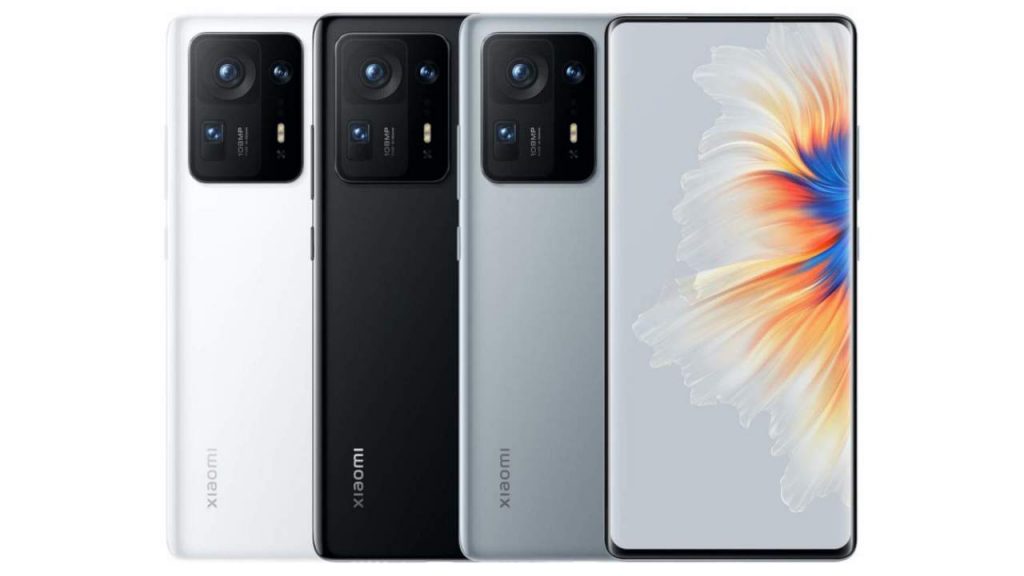
It’s a known tradition that smartphone makers aside from Apple christen their smartphones with a specific brand reserved for their mobile devices. This was especially true for the likes of Samsung, which has other consumer electronics products in the market. However, some manufacturers like OnePlus saw the wisdom in a simple, Apple-like naming scheme that puts the brand front and center. While it may be too late for some companies, Xiaomi is making the unconventional decision to drop its “Mi” smartphone branding, now that its name is more or less well-known throughout the world.
Truth be told, Xiaomi still isn’t a household name in smartphones the way Samsung and Apple have been for over a decade. Recently, however, it has overtaken both companies in some markets or is at least close to doing so. It makes sense that it wants to consolidate that branding now that it is more popular in most markets, even while having little to no presence in the US.
Xiaomi has been using the “Mi” brand for its smartphones for almost ten years, long before it introduced its affordable “Redmi” sub-brand. The association between Xiaomi and Mi, however, isn’t exactly clear except to those who are already familiar with Xiaomi’s products. Apparently, Xiaomi thinks now is the right time to correct that perception by dropping the Mi name altogether.
Xiaomi already started this new practice with the Xiaomi MIX 4, which would have been called the Mi MIX 4 like its predecessor. It told XDA that this branding strategy would continue with its upcoming products, which suggests that Xiaomi Mi 11T will simply be called the Xiaomi 11T. No word was made about the company’s Redmi and POCO sub-brands, so it’s assumed they will retain the status quo.
More than a simple name change, this rebranding also speaks volumes about Xiaomi’s newly gained confidence in the power of its name. Although it has yet to prove it can maintain its position, surpassing Samsung and Apple in some markets even for just a quarter is enough to turn heads and make people pay attention. All while still being absent in the US smartphone market.

